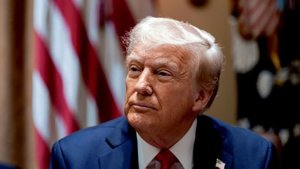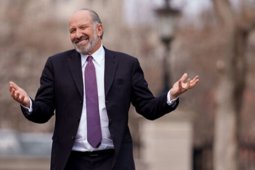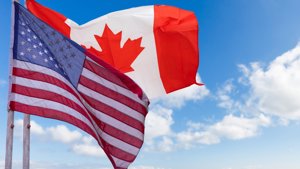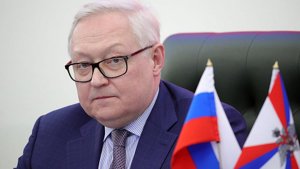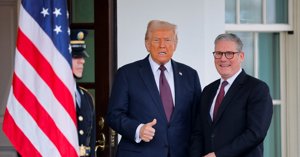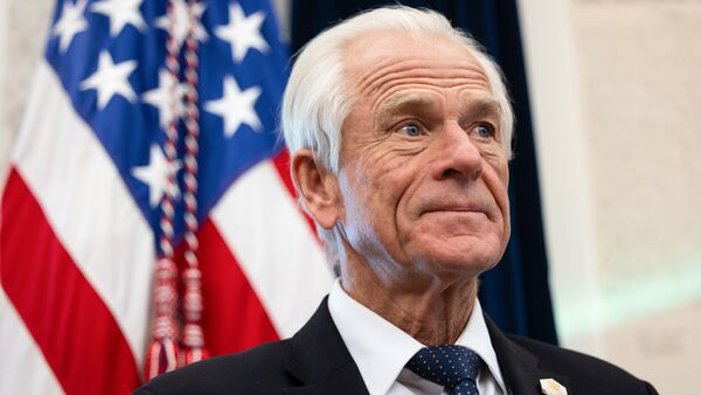
Navarro Says Tariffs Will Fix Trade Imbalance
United States President Donald Trump's Senior Counselor for Trade and Manufacturing, Peter Navarro, strongly defended the administration's implementation of reciprocal tariffs, calling the move a necessary step to repair what he described as a severely flawed global trade system.
In a piece written for the Financial Times, Navarro argued that the restructuring is long overdue and will ultimately benefit both the U.S. and global economies. “This long-overdue restructuring will make both the US and global economies more resilient and prosperous by restoring fairness and balance to a system rigged against America,” he wrote.
Navarro took direct aim at the World Trade Organization (WTO), criticizing its “most favoured nation” (MFN) rule. He highlighted that while the average U.S. MFN tariff stands at 3.3%, China's is at 7.5%, illustrating what he views as a structural bias against American trade interests. Additionally, he described the WTO’s dispute resolution system as “functionally broken,” resulting in what he called “catastrophic” consequences for the U.S.
He further emphasized that the current trade environment is dominated not only by unequal tariffs but also by non-tariff barriers imposed by foreign nations. These, he said, effectively strangle American exports while unfairly promoting foreign goods in the U.S. market and blocking American companies from entering theirs.
“Even worse than this is the barrage of non-tariff weapons foreign nations use to strangle American exports, unfairly boost their shipments to the US, and wall off their own markets,” Navarro asserted.
Navarro closed by stressing that this situation is not subject to diplomatic haggling but constitutes a “national emergency” for the United States. The administration’s move to enact reciprocal tariffs, he contended, is a necessary measure to restore balance, sovereignty, and long-term economic strength to the U.S.
The statement is part of the Trump administration’s broader push to reshape global trade norms, especially those that have long governed U.S. participation in international economic structures.

